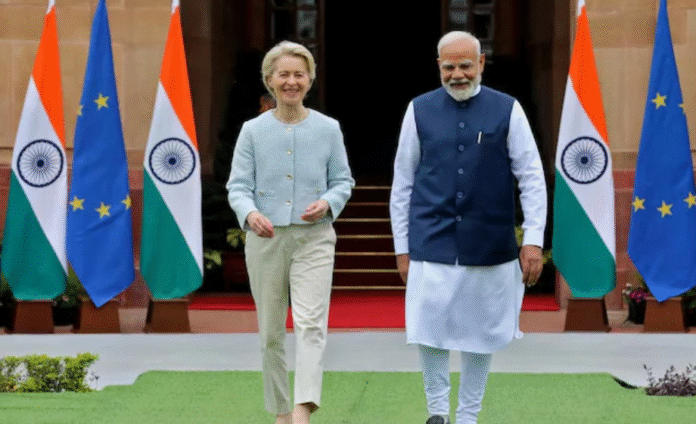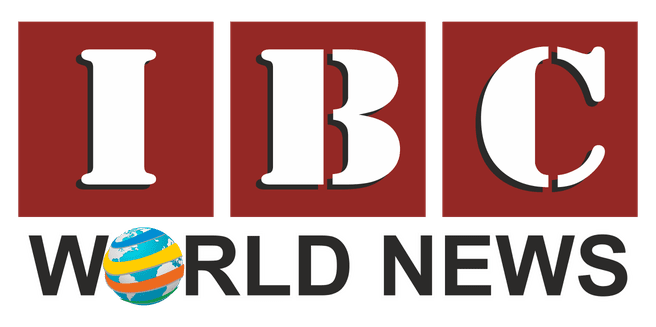India-EU Trade Talks
NEW DELHI
India and the European Union are intensifying trade negotiations in New Delhi this week, aiming to bridge differences and finalize a free trade agreement by the end of 2025. Officials from both sides are tackling contentious issues including agriculture, dairy, non-tariff barriers, rules of origin, food safety standards, labor and environmental obligations, and market access for automobiles and alcoholic beverages. So far, 11 of 23 chapters covering customs, digital trade, intellectual property, competition, subsidies, and dispute settlement have been agreed upon.
The talks gain urgency amid broader geopolitical and economic pressures. U.S. President Donald Trump recently doubled tariffs on Indian goods to 50%, citing India’s discounted Russian oil imports, affecting exports such as textiles, leather, and chemicals. Brussels is also pressing New Delhi over Russian oil purchases, which EU officials argue undermine sanctions on Moscow, though this issue is not expected to dominate discussions.
Additionally, the EU’s upcoming carbon border tax on steel and aluminum imports has emerged as another sticking point. India views it as a disguised trade barrier, while the EU maintains it is essential for climate policy. EU officials, however, are open to providing flexibility for small and medium-sized businesses.
High-level engagement is expected this week, with European Agriculture Commissioner Christophe Hansen, EU trade chief Maros Sefcovic, and the EU Political and Security Committee visiting New Delhi to meet Indian officials, defense executives, and think tanks. Both sides remain committed to concluding a deal by year-end, signaling a strategic push to strengthen bilateral trade relations.



